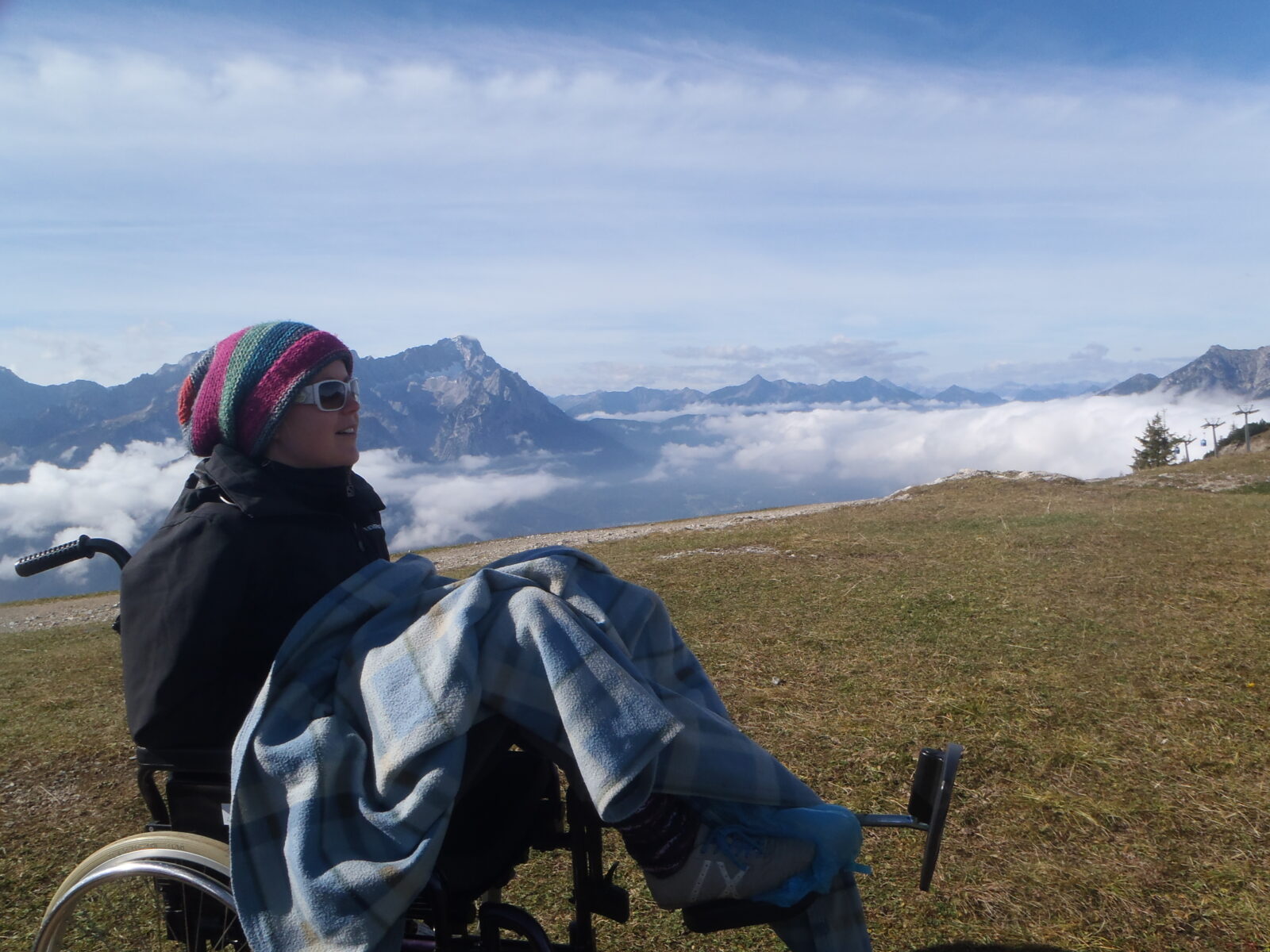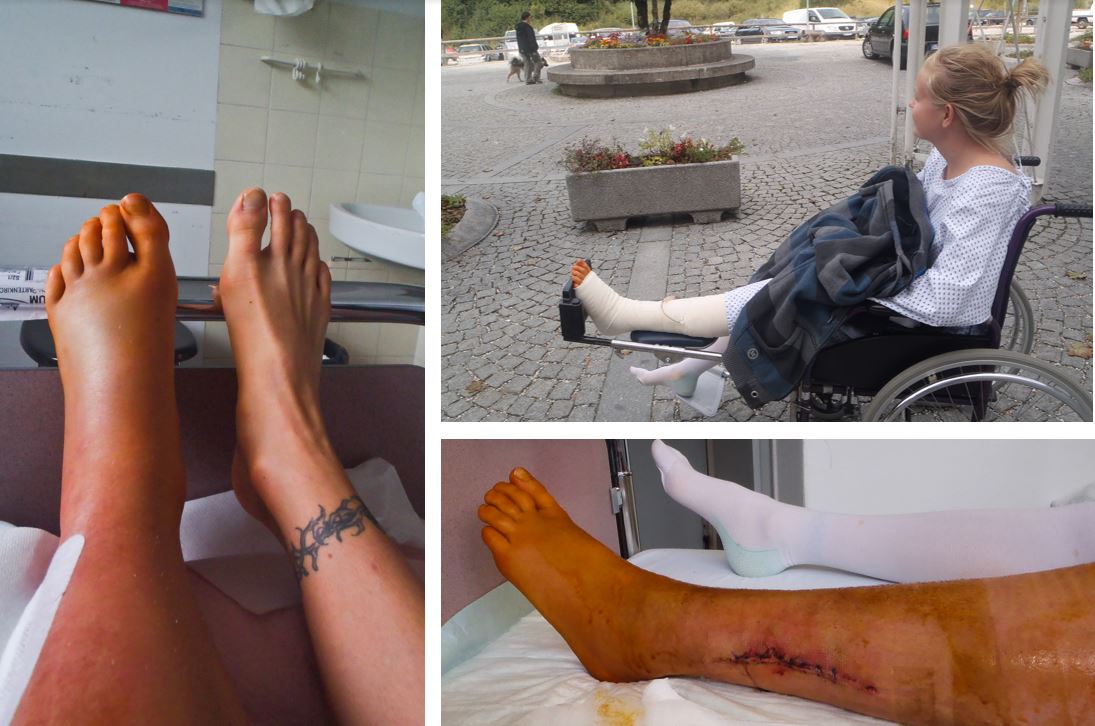I have been honoured to have such wonderful guests in the Meaningful Sport podcast who have asked critical but constructive questions around what kind of movement experiences might be important from the perspective of meaningfulness.
Especially the episodes on physical education with ?Déirdre Ní Chróinín and Tim Fletcher and Greg Dryer have centralised these issues. For example, is fun necessary and important part of ‘good’ PE? And how should we think about negative meaningful experiences?
I also had a long discussion around these things earlier this week with Gunnar Breivik who mentioned the role of breakdowns and discontinuities some weeks ago in the podcast. We agreed that some of the experiences that many people find meaningful are actually negative. These could be, for example, a death of a close friend, an end of a relationship, job loss or a serious sports injury.

Whereas other potentially very meaningful experiences, such as graduation, getting married or having children, are very positive.
One important part of meaningful experience, as far as I see it, is the transformation of the self and the way we are in the world.
Spiritual awakening experiences are perhaps a good example. They can fundamentally change our lives.
From this perspective, as Greg Dryer discusses in the podcast, we could ask about the degree that fun adds to meaningfulness in physical education (or other forms of movement activities). Does it change us?
I have certainly had fun when engaged in sports, whether it is playful thai boxing sparring or playing ultimate frisbee we used to do when living in Shanghai with our colleagues. I am not saying they are not important. But were these the most meaningful experiences I’ve had?
I would say that the most profound experience I have had in my sport-life is being attacked by a dog in a mountain biking trip, ending up in a hospital for almost 3 weeks and almost had my leg amputated due to a severe infection. Not fun. In many ways, it was a terrible experience.

After that, 7 years later, I am still grateful to have two legs and that I am able to move and do sports. I also feel that this experience deepened my relationship with my partner.
I was doing some squats alone at the gym earlier this week and it just came to me in that moment how truly wonderful it is that I can be here and do this.
But of course, most of the time I don’t remember this. As Heidegger put it, we only have glimpses of authenticity and then we fall back to everydayness.
Vohs and colleagues (2019) suggested that negative experiences are actually an important pillar of meaningful lives because they trigger us to question how these events fit into our broader self-narrative, our relationships, and the life-world.
This is certainly not to say that there should be an intentional design of negative experiences in PE and sports. But it seems almost unavoidable that life throws us to negative experiences. There will always be some people who disagree with us and criticize us. Sport-lives always involve some disappointments and setbacks.
And it is important for us to think further about what ‘negative’ is. Feeling cold, hungry and exhausted when hiking is a very different ‘negative’ experience from being bullied by a teammate. The latter should definitely not be accepted in sport or in life.
When life throws us into unavoidable negative situations, they present a possibility to explore, grow and find new meaning. Otto Friedrich Bollnow, an existential philosopher who wrote about discontinuous forms of learning, suggested that an educator’s role (or we can add: coach’s, sport psychologist’s etc.) is to recognise when these situations arise and accompany the learner in exploring their meaning.
Literature:
Bollnow, O. F. (1987). Crisis and New Beginning: Contributions to Pedagogical Anthropology, trans D. Moss and N. Moss. Duquesne University Press.
Vohs, K. D., Aaker, J. L., & Catapano, R. (2019). It’s not going to be that fun: negative experiences can add meaning to life. Current opinion in psychology, 26, 11-14.
One thought on “Positive and Negative Experiences”